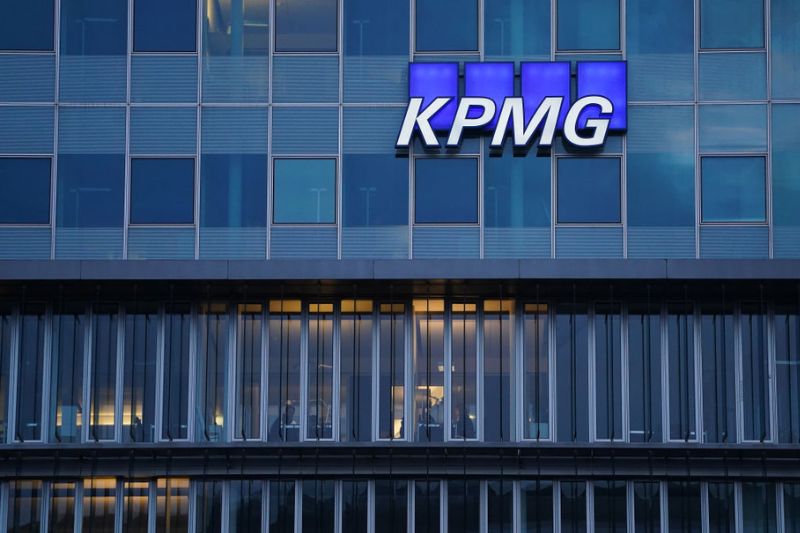The recent controversy surrounding the management consultancy KMPG’s relationship with the Defence department is just the latest in a long line of dubious interactions between the Big Four consulting firms and Australian government departments. According to the ABC program Four Corners KPMG is alleged to have submitted inflated invoices and billed Defence for hours that were never worked. Australia’s spy agency, the Australian Signals Directorate was also drawn into the KPMG scandal after awarding a $46 million contract to the consulting giant despite knowing it had inside information it could exploit from an earlier stage of the project.

These are not aberrations; they are more like the norm. PWC was accused of a ‘disgraceful breach of trust’ when it allegedly used government secrets to help clients in Australia and the US avoid tax. Tellingly, EY and Deloitte disclosed large scale sackings during a Federal government inquiry into the ‘management and assurance of integrity by consulting services’. The use of the word ‘integrity’ was presumably laced with irony. There have been calls for a Royal Commission but that will not happen.
The Western world is dominated by what might be described as a Managestocracy. There are four sets of managers who control (but do not own) trillions of dollars: fund managers, corporate managers, senior managers in government bureaucracies and managers of a global web of non-profits and multilateral organisations such as the United Nations and the International Monetary Fund. Management consultancies are the handmaidens, or perhaps courtiers, to two groups in that Managestocracy, corporations and government bureaucracies.
It is true that consultants do develop distinct skills that can provide useful services not available to their clients. But in the realpolitik of senior management their main function is to shift blame for difficult decisions. Governments use consultants to either avoid internal resistance from public servants, get the advice they want or to avoid blame if things go wrong. If these were not their motives, why would governments pay so much more to get what they should be able to do inhouse?
A similar dynamic occurs with corporations, especially when there is a need for cost cutting and significant retrenchments. The steps are to hire the consultancy to research what the firm needs. The foregone conclusion is inevitably that costs must be reduced, which means retrenching staff. Senior management reluctantly starts handing out pink slips – taking care to look regretful and to point away from themselves, of course. ‘It’s the research and the need for the company to ‘manage the change journey’’, you see. The secretive McKinsey has an especially strong track record in this area, sometimes being amusingly described as a modern-day Robespierre.
The problem with management structures is that they discourage managers from exercising their conscience. Rather than pursuing the right and ethical thing to do, their priority becomes to produce amoral, detached ‘outcomes and deliverables’. Especially in government bureaucracies, managers are taught to exercise authority without responsibility and to value power over truth.
'Watch closely what happens to consultancies revealed to be doing the wrong thing. Almost certainly there will be no significant consequences and the lucrative contracts will continue to flow.'
This is why so-called private-public partnerships (PPPs), where the consultancies most profit, readily become a passing-the-buck exercise in which the efficient use of taxpayer money is not necessarily the main focus. Partnering private and public organisations is not a notion that survives much scrutiny. It is predicated on the idea that governments are not good at ‘doing’ things so they have to outsource functions to business on the assumption that private enterprise is more efficient (a claim that is, to say the least, contestable). Why? Can’t government organisations do things well? And if we accept that governments are not good at ‘doing’ things, then why should we have any confidence that they will be good at identifying sound partners? Given the string of recent problems with consultancies in Australia, it seems they are not.
There is a deeper problem. In the last few years, the Executive branch of government has acquired much greater power, imperilling the checks and balances in the system. There have been moves to ban political donations from Australia’s Big Four. According to the Centre for Public Integrity, Deloitte, EY and KPMG donated more than four million to Labor and Coalition in past decade as government contracts increased by 400 per cent.
But even if donations are stopped what power does the Legislature actually have to reign in the public-private morass? Next to none. Watch closely what happens to consultancies revealed to be doing the wrong thing. Almost certainly there will be no significant consequences and the lucrative contracts will continue to flow. The Managestocracy always makes sure to look after its own.
David James is the managing editor of personalsuperinvestor.com.au. He has a PhD in English literature and is author of the musical comedy The Bard Bites Back, which is about Shakespeare's ghost.
Main image: The logo of KPMG, a multinational tax advisory and accounting services company, hangs on the facade of a KPMG offices building. (Sean Gallup/Getty Images)